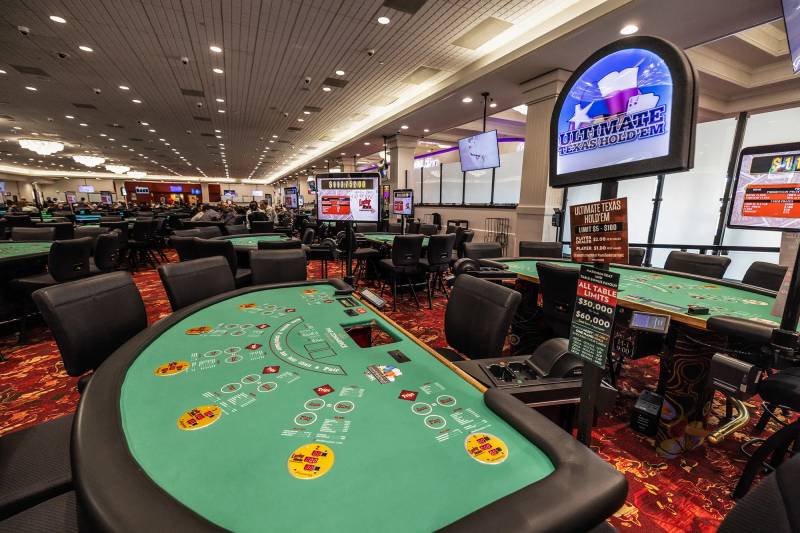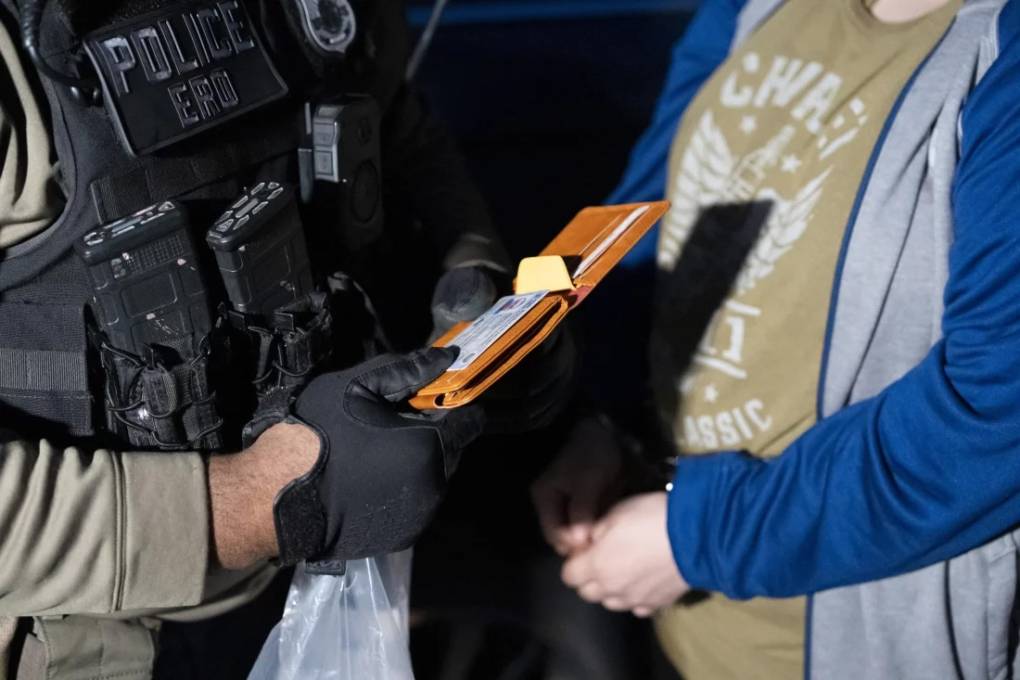“This attempt by tribal casinos to shut down lawful competition by tax-paying California businesses will fail,” the statement said.
The suit would not have been possible if Gov. Gavin Newsom hadn’t signed Senate Bill 549 in September. Tribes say California voters years ago gave them the exclusive rights to host the disputed table games, which they use to benefit historically disenfranchised tribal communities.
However, because the tribes are sovereign governments, they lacked legal standing to sue the state’s 80 or so privately owned gambling halls.
The bill gave tribes a three-month window to sue card rooms starting Jan. 1. They filed the lawsuit on the first day California courts opened for business in the new year.
Under the bill, tribes cannot receive any money or attorneys’ fees from the lawsuit. Instead, judges will only decide whether card rooms can continue to offer the disputed games.
The stakes are high since some cities receive nearly half of their budgets from taxes on card rooms, meaning a tribal victory in court could jeopardize money for police, firefighters and other local services.
For example, nearly two-thirds of the budget for the small city of Hawaiian Gardens and almost half for the city of Commerce, both in Los Angeles County, come from local card rooms.
San Jose City Councilmember Sergio Jimenez told lawmakers in July that the city receives $30 million each year from card rooms, enough to fund 150 police officers or 133 firefighters. Jimenez said that money’s in jeopardy if the tribes end up prevailing in court.
The card room industry claims the games are legal and that the attorney general’s office has approved each of them over the years.



